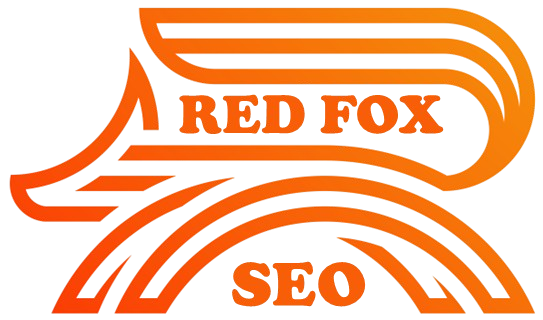
Mastering On-Page SEO: A Comprehensive Guide for Success
In the ever-evolving world of digital marketing, on-page SEO plays a crucial role in optimizing web pages for search engines. By mastering on-page SEO techniques, businesses can improve their search engine rankings, drive more organic traffic to their websites, and ultimately increase their online visibility and revenue. In this comprehensive guide, we will delve into the definition of on-page SEO and its importance in the digital marketing landscape.
Definition of On-Page SEO
On-page SEO refers to the practice of optimizing individual web pages to rank higher and earn more relevant traffic in search engines. This involves optimizing both the content and HTML source code of a page to make it more search engine-friendly. On-page SEO techniques include keyword research, optimizing meta tags, creating high-quality content, improving website speed, and ensuring mobile-friendliness. By implementing on-page SEO best practices, businesses can improve their website’s visibility in search engine results pages (SERPs) and attract more qualified leads to their site.
Role of On-Page SEO in Optimizing Web Pages
On-page SEO plays a critical role in optimizing web pages for search engines. By focusing on on-page optimization, businesses can improve their website’s visibility in search engine results pages (SERPs) and drive more organic traffic to their site. On-page SEO techniques help search engines understand the content and relevance of a web page, which in turn improves the page’s chances of ranking higher in search results. By optimizing meta tags, headers, and content, businesses can make it easier for search engines to crawl and index their website, ultimately leading to higher search engine rankings and increased organic traffic.
Importance of Keyword Research in On-Page SEO
Keyword research is a fundamental aspect of on-page SEO and plays a crucial role in optimizing web pages for search engines. By conducting thorough keyword research, businesses can identify relevant keywords and phrases that their target audience is searching for online. By incorporating these keywords strategically into their website’s content, meta tags, and headers, businesses can improve their website’s visibility in search engine results pages (SERPs) and attract more qualified leads to their site. Keyword research helps businesses understand their target audience’s search intent and behavior, allowing them to create content that resonates with their audience and drives more organic traffic to their website.
Creating High-Quality Content for On-Page SEO Success
One of the most important aspects of on-page SEO is creating high-quality, relevant content that resonates with your target audience. By creating valuable, informative content that addresses the needs and interests of your audience, businesses can improve their website’s visibility in search engine results pages (SERPs) and attract more organic traffic to their site. High-quality content not only helps businesses rank higher in search results but also establishes them as industry experts and thought leaders in their niche. By consistently creating and publishing high-quality content, businesses can build trust and credibility with their audience, ultimately driving more organic traffic and conversions to their website.
Optimizing Meta Tags and Headers for On-Page SEO Success
In addition to creating high-quality content, optimizing meta tags and headers is crucial for on-page SEO success. Meta tags, including meta titles and meta descriptions, provide search engines with information about a web page’s content and relevance. By optimizing meta tags with relevant keywords and compelling language, businesses can improve their website’s visibility in search engine results pages (SERPs) and attract more qualified leads to their site. Similarly, optimizing headers, including H1, H2, and H3 tags, helps search engines understand the structure and hierarchy of a web page’s content, ultimately improving the page’s chances of ranking higher in search results. By optimizing meta tags and headers, businesses can enhance their on-page SEO efforts and drive more organic traffic to their website.
In conclusion, mastering on-page SEO is essential for businesses looking to improve their search engine rankings, drive more organic traffic to their website, and increase their online visibility and revenue. By implementing on-page SEO best practices, including keyword research, creating high-quality content, and optimizing meta tags and headers, businesses can improve their website’s visibility in search engine results pages (SERPs) and attract more qualified leads to their site. By focusing on on-page SEO techniques, businesses can enhance their digital marketing efforts and achieve greater success in the competitive online landscape.
Author

